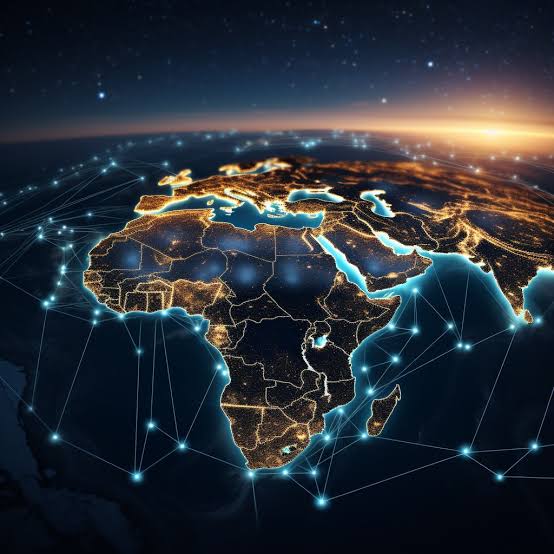Jathin Jagannath, a developer and supporter of the Web3 rollup protocol Cartesi, has identified regulatory ambiguity as a major barrier to the Web3 environment in Africa. As per Jathin, prospective users and investors may become hesitant towards Web3 technologies if there are unclear and imprecise legislation governing them.
In a Cointelegraph interview, Jathin emphasised that the uncertainty surrounding regulations could lead to a hesitancy to fully embrace the transformative opportunities presented by Web3:
“We will see Africans overcome these obstacles and lean into rapid modernization with regulatory clarity, enhanced digital literacy, and infrastructure upgrades.”
There is a lot of room for Web3 innovation and uptake in Africa. A new analysis on Web3 in Africa by PricewaterhouseCoopers and Emurgo Africa states that blockchain funding surged by 1,668% in Africa in 2022, with South Africa, Kenya, and Nigeria leading the continent in Web3 adoption.
Jathin noted that despite Africa’s promise for Web3, there is a severe shortage of access to education and information. In addition to stressing the value of increased digital literacy, he said that effective Web3 technology integration requires a knowledgeable user base and staff.
In an interview with Awosika Israel Ayodeji, Web3bridge’s programme director, he highlighted obstacles to African developers’ access to education and information. Ayodeji emphasised that people who live in high poverty rates frequently choose to prioritise selling above in-depth education.
Early in January 2024, in Nigeria, Cartesi and Web3bridge will collaborate to offer an eight-week Cartesi masterclass. Jathin talked on their dedication to raising awareness and developing developers’ abilities in the African ecosystem, which helps to fuel Nigeria’s thriving blockchain community.
According to Jathin, Africa is well-positioned for a Web3 boom in 2024 and beyond due to a number of factors, including its younger population and unstable currency. However, about 24% of Africans do not use the banking system, according to Oxford Business School.
Jathin emphasised the promise of Web3 in Africa, saying that Web3 applications such as decentralised wallets may solve present issues and bring about revolutionary changes in the way Africans engage with financial institutions and carry out cross-border trade.


